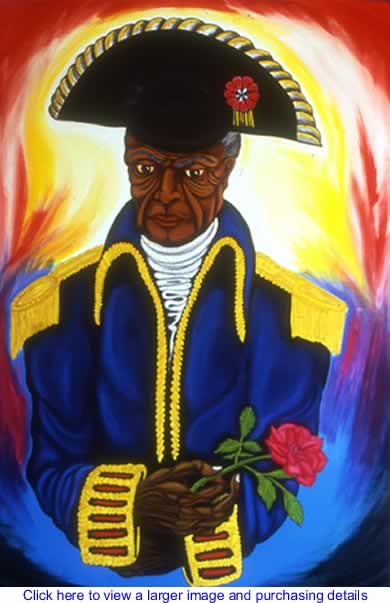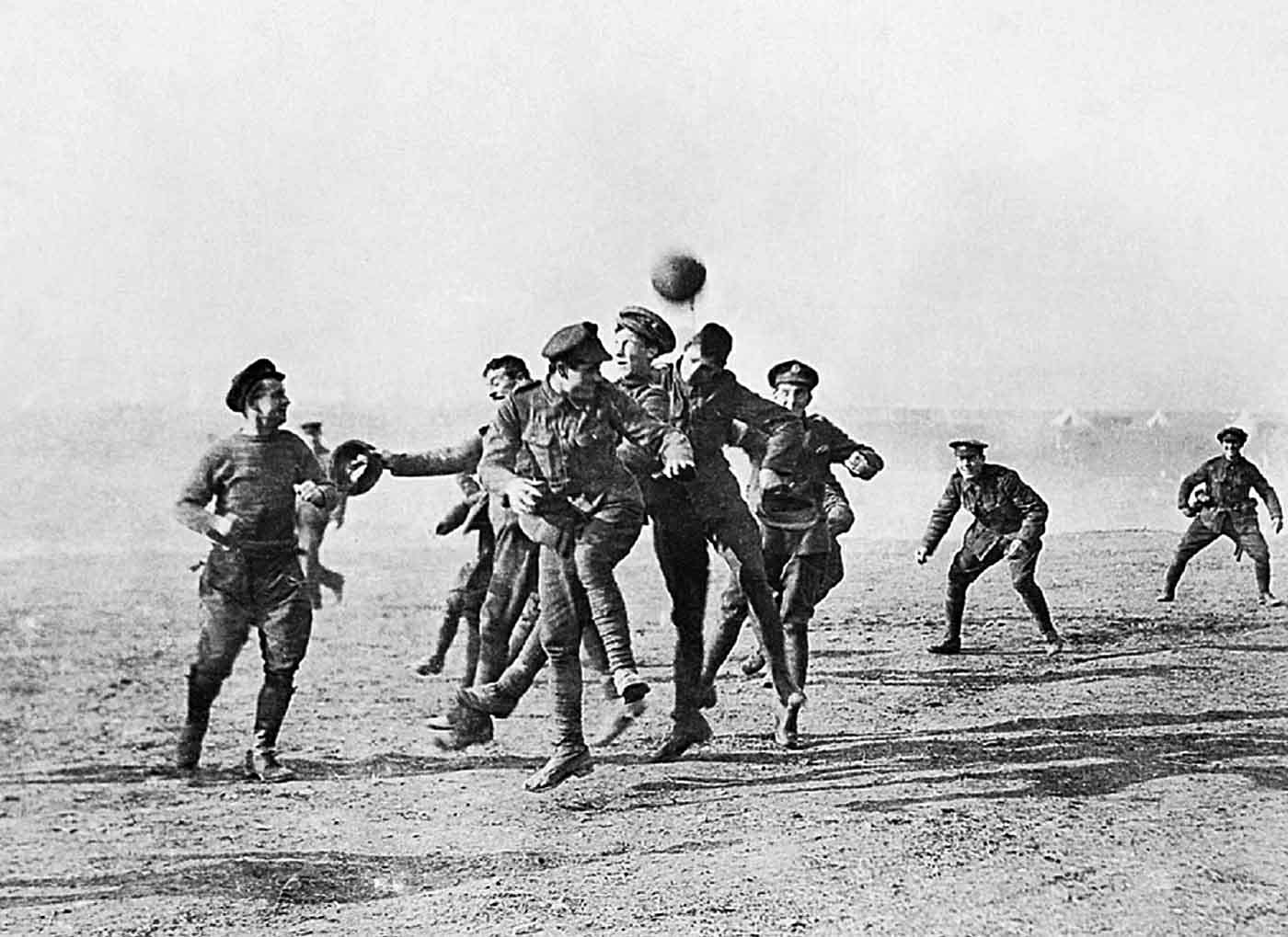By Theogene Rudasingwe
Rwanda is distinctive among the countries of Africa for the
small size of its territory and the high density of its population (7.5
million people, 285 inhabitants per square kilometre).
It is inhabited by a people called Banyarwanda. The Banyarwanda comprise of three groups: the Hutu, Twa and Tutsi which are commonly, but misleadingly, called ethnic groups. These groups are not ethnic groups in any meaningful sense. The three groups are one people with a common ancestry. They share the same language and culture. Whereas tribal societies are usually divided by geographical boundaries, the three groups have lived together on the same hills throughout the country from time immemorial.







